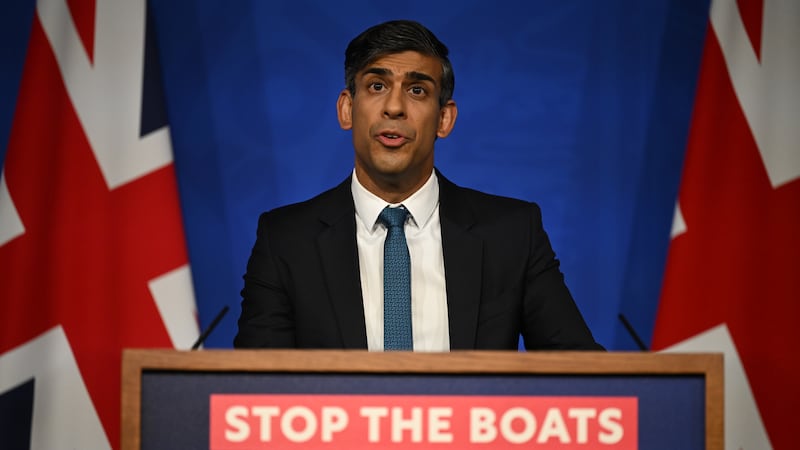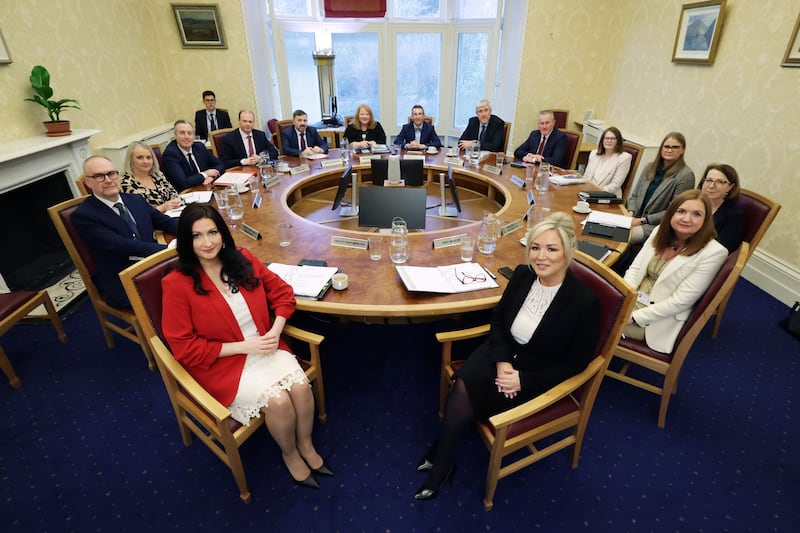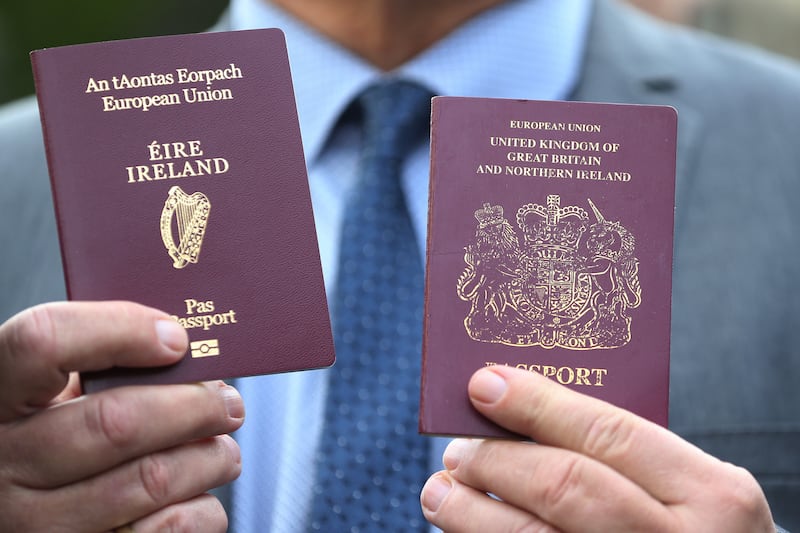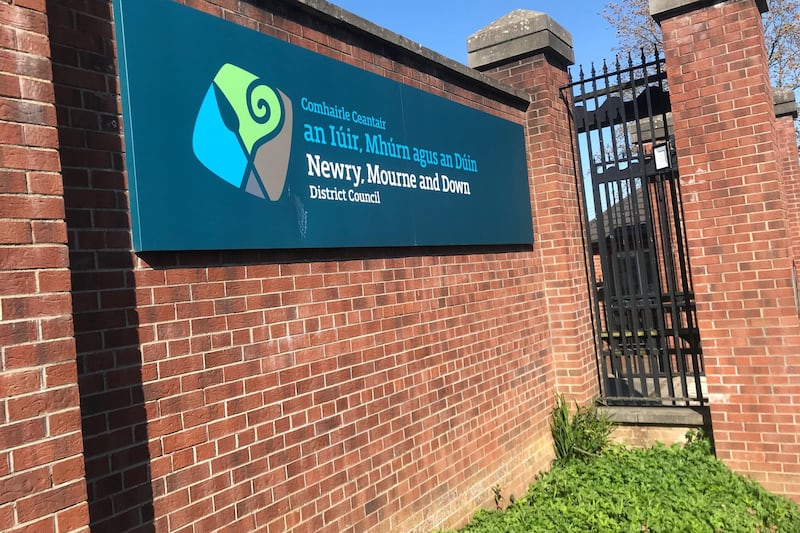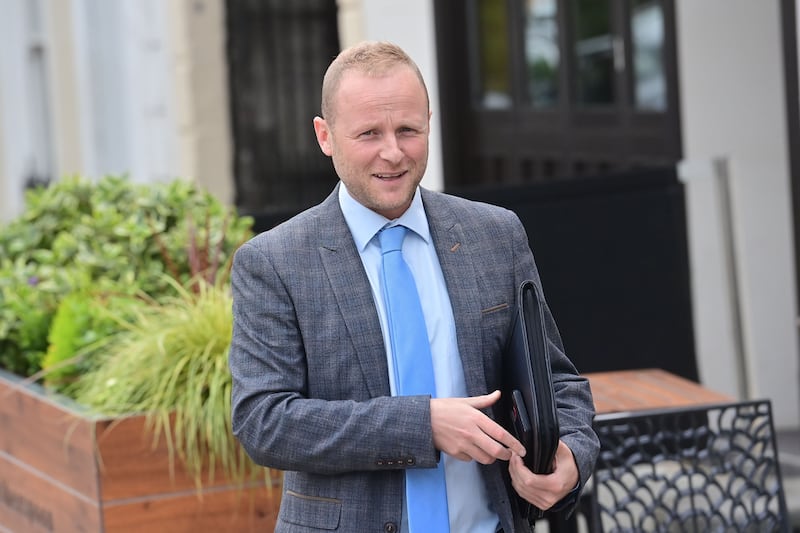It was never likely the DUP would agree a deal days before Christmas, as that would give everyone two weeks to spot the deal’s shortcomings before the party could attempt a triumphal return to work. This is one reason why the 2020 New Decade, New Approach deal was reached on January 9.
The secretary of state’s insistence the talks are over is bluster to keep Sir Jeffrey Donaldson under pressure over the holidays. The DUP leader did sound rattled but there must be more talking ahead. The financial package for Stormont improved drastically over the past week and can certainly improve further. UK internal market legislation has not been pinned down and there are discussions to be had between London and Brussels.
As the government is not prepared to restore devolution without the DUP, talking is not over until both sides say so. Early January needs to be considered a deadline mainly because a general election will be on the horizon.
There is also a January 18 statutory deadline to call an assembly election, but of course that can be moved at the stroke of pen, as has happened three times already.
**
Among the DUP’s calculations, perversely, is that Stormont is now more stable than is widely realised. Changes introduced by New Decade, New Approach mean walking out of a restored executive would leave every other party in office for six months and the assembly in full operation until an election is called, able to pass laws and hold debates.
The potential of this to bypass and subvert a boycott has yet to be explored because DUP first minister Paul Givan resigned only a month before the assembly was due to rise anyway for the 2022 election. The next scheduled election is in May 2027, so walking out again over the next three and a half years is a much riskier tactic. It may become the case that collapse is only a credible threat in a run-up to assembly elections.
**
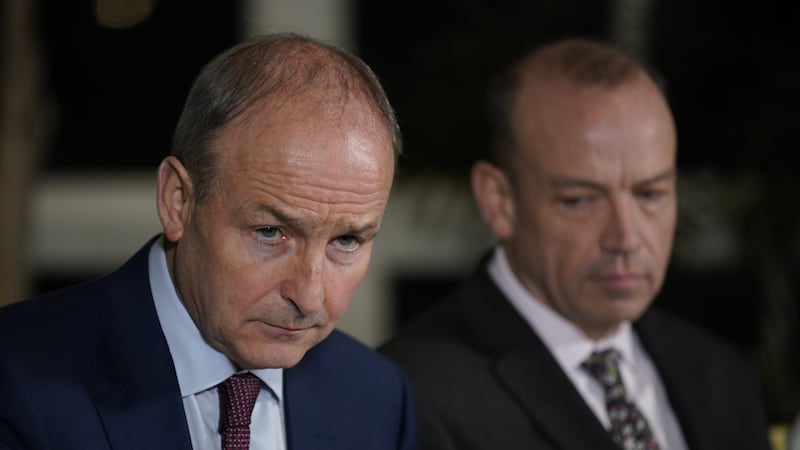
The Irish government has decided to take the UK to the European Court of Human Rights over the Troubles amnesty legislation.
“It is important to leave the next steps to the court,” Tánaiste Micheál Martin said. The outcome is hardly certain, despite near-universal criticism of the legislation by human rights groups.
Previous Strasbourg rulings have established that a state’s duty to investigate all deaths, inferred from Article 2 of the European Convention on Human Rights, applies from when the convention is put into domestic law - for the UK, 1998.
It can apply back 10 years in certain circumstances but further back only in extraordinary circumstances, such as crimes against humanity.
Nor is it clear that the duty to investigate must always require the possibility of a trial.
The court could deliver a ruling that allows the legislation to survive with some adjustments, assuming a future UK government wants to save it and has not changed or repealed it already.
**
Dublin’s decision to go to Strasbourg is no surprise but angry British ministers are asking why it was announced at an apparently crucial moment for Stormont.
While time was tight to file the case, the Irish government could have waited another month. It appears Fine Gael and Fianna Fáil care less about Stormont than about denying Sinn Féin an attack line in an election year - the Republic has local and European elections in June, as well as an expected autumn general election.
Both parties could try the counterattack that Sinn Féin quietly wants an amnesty. However, that point is messy and complicated compared to the grandstanding clarity of taking on Britain in Europe, with Washington’s support.
Taoiseach Leo Varadkar must have forgotten how this backfired when he called the 2020 general election, expecting to be rewarded for the protocol. You cannot out-Brit bash Sinn Féin but you can raise Anglo-Irish tensions that feed into the growth of Sinn Féin.
While time was tight to file the ECHR case, the Irish government could have waited another month. It appears Fine Gael and Fianna Fáil care less about Stormont than about denying Sinn Féin an attack line in an election year
**
A man who impersonated a PSNI officer online has escaped a custodial sentence because it took six years to bring him to court. A district judge told Colin Hewitt he had shared “utterly grotesque images” and would have been jailed were it not for the lengthy “disconnect” between offences and sentencing.
Six years is a long time to get to a district court, still often called a magistrates’ court. A PSNI internal investigation, absurdly slow as always, was a major factor. Rulings by district judges do not establish legal precedent. Nevertheless, Northern Ireland’s constipated criminal justice system is testing the legal maxim of ‘justice delayed is justice denied’.
**
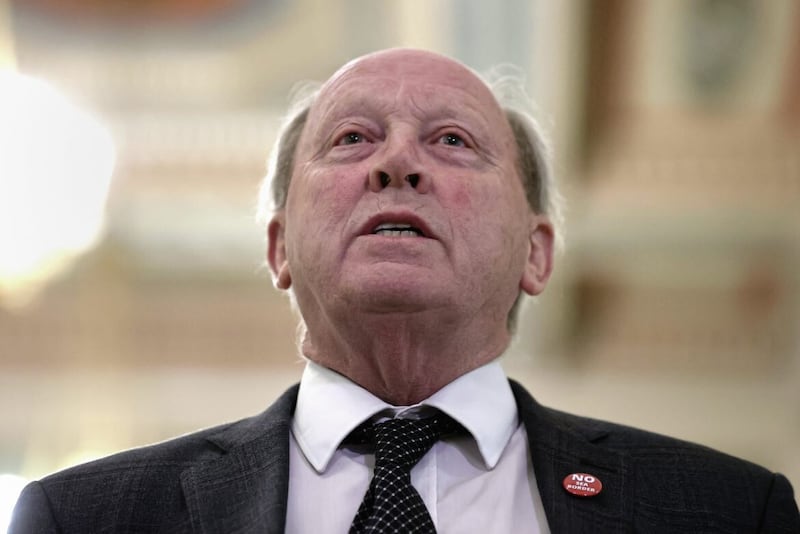
The Northern Ireland Audit Office has published its annual review of Stormont departments and their arm’s-length bodies. It found £200 million of fraud and error, which TUV leader Jim Allister denounced as “appalling”.
However, £190 million was from the benefits system, where estimating fraud and error is an imprecise science and even large sums are small percentages of the £8 billion overall bill - 2.3 per cent in this case. Almost every type of benefit fraud and error has fallen since last year.
Because Westminster funds benefits separately to Stormont’s budget, there is an awkward argument that Northern Ireland’s real priority should be getting everyone to claim everything they are entitled to, bringing in perhaps another £700 million of what might be considered ‘free money’. This argument has become even more awkward since RHI.
**
The chairman of the Electric Vehicle Association of Northern Ireland has given the Belfast Telegraph the quote of the week, if not the year.
Mark McCall was asked about the failure by Stormont’s Department for Infrastructure to copy English laws enabling charging cables to be run across pavements.
He said: “In England the law is slightly different; the roads are governed by different council authorities in different regions, but we have one body, DfI, so you’d think it would be easier for them to sign off on it.”
God bless such innocent optimism. It fills you with Christmas cheer.


